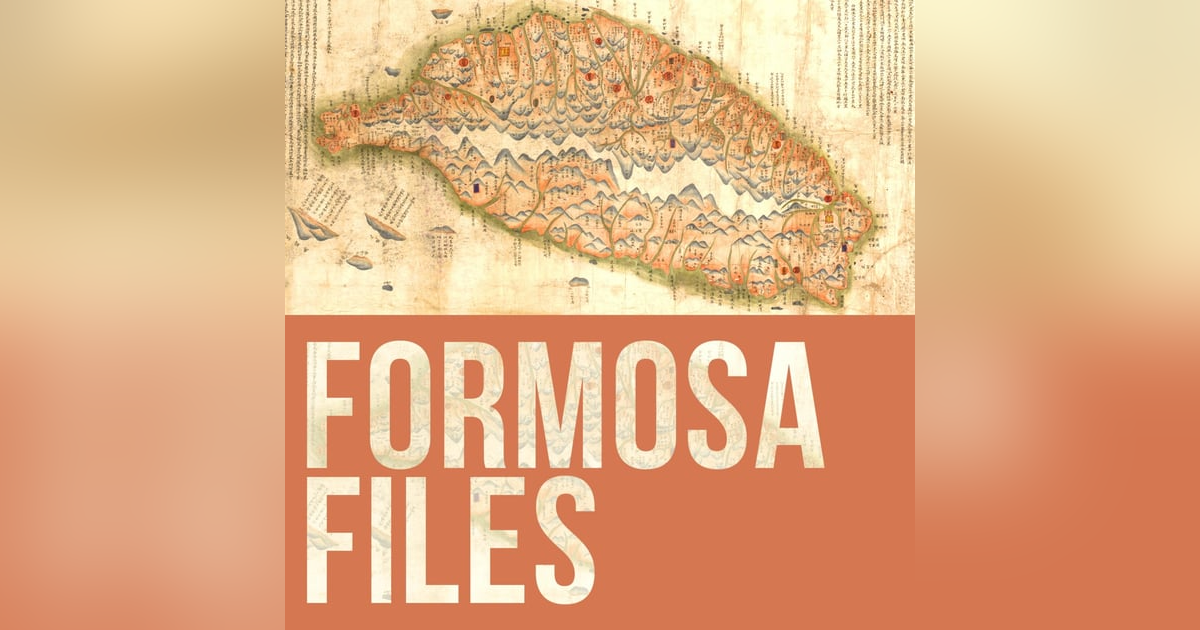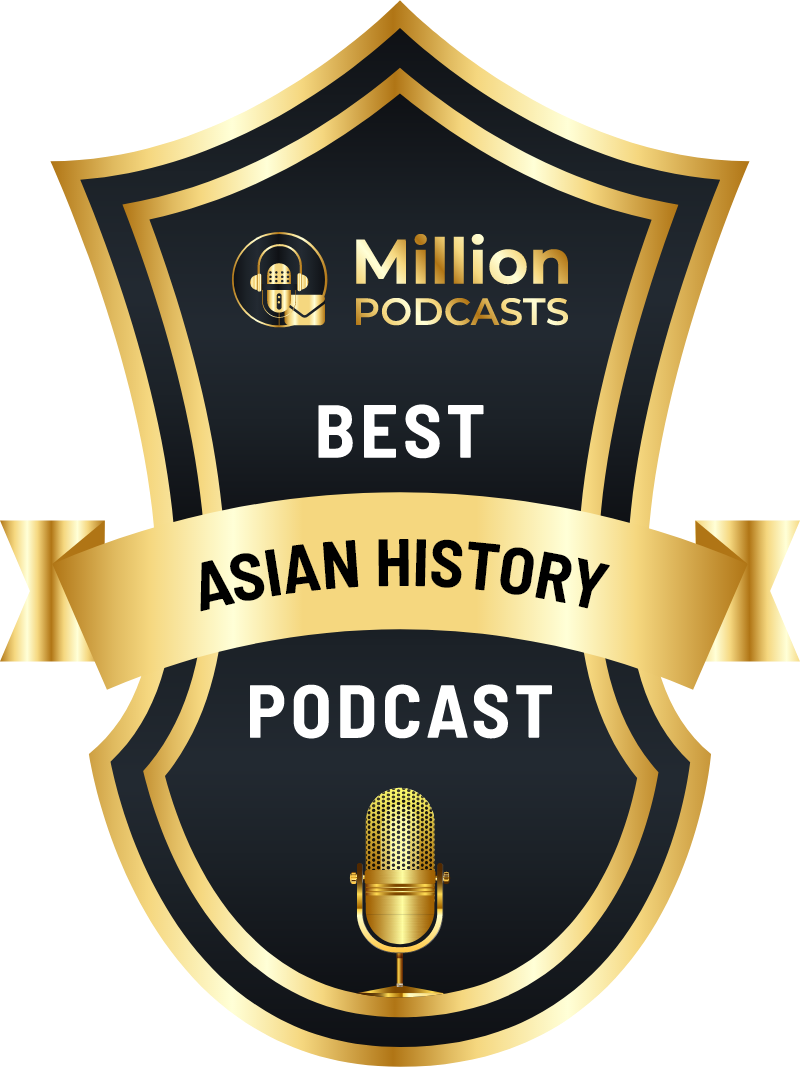S4-E8 - The Formosan Association for Public Affairs (FAPA): talking to a member of a former “terrorist” pro-Taiwan-independence group

Not so long ago, talking about Taiwan independence could earn you a lengthy prison term. That changed in the late 1990s as Taiwan embraced democracy. Taiwan independence advocates in the United States have always enjoyed more freedom of speech, but pro-independence organizations that pulled stunts such as chaining themselves to the doors of the U.N. building or flying pro-Taiwan banners over Little League games did come under official scrutiny. One such group, the Formosan Association for Public Affairs (FAPA), was actually placed on a “terrorist” list. This week, Eryk chats with the President of the Pennsylvania Chapter of FAPA, Liam Keen, a man from the UK who holds ROC citizenship, and lives and works in both the US and Taiwan. Keen argues that actions by FAPA are producing meaningful changes in the recognition of Taiwan as a de facto sovereign state by the United States, noting that until FAPA fought and won, a Taiwan-born could person had to list their place of birth as “China” on U.S. government documents. Enjoy a fun, slightly argumentative discussion on what Taiwan should be striving for in the international arena, and the difference between symbolism and substance.
Cover: An AP file photo shows activists chained to the UN building in 1971 protesting for Taiwan independence. On the right, chained to the wall, is Formosan Association for Public Affairs (FAPA) member Powen Wang. Via FAPA.org
Below: A recent ad in the Washington Times sponsored by FAPA, calling on the U.S. government to adopt more pro-Taiwan policies.
Below: A 1985 letter by former FAPA president Mark Chen to former U.S. senator Strom Thurmond denouncing statements make during a congressional hearing that linked FAPA to "terrorist acts."
Below: President of the Pennsylvania Chapter of FAPA, Liam Keen, stands with Taiwan vice-president elect Hsiao Bi-khim.
Below: The Pennsylvania Team at FAPA national Advocacy Campaign in Washington D.C.
From left to right: Albert Lo, Mengchun Chiang, Tina Chuang, Liam Keen.
Academic reading: Taiwan's Overseas Opposition Movement and Grassroots Diplomacy in the United States: the case of the Formosan Association for Public Affairs
Below: A Blast from the Past (New York Times archive from 1971).
U.N. CHINA DEBATE OPENS WITH TAIPEI AND THE U.S. SPLIT
UNITED NATIONS, N. Y., Oct. 18—The United States and Nationalist China differed sharply in the General Assembly today on the question of admitting Communist China to the United Nations.
Speaking on the first day of the crucial China debate, George Bush, the American representative, and Chow Shukai, the Nationalist Foreign Minister, both urged the Assembly to come out strongly against the expulsion of the Chinese Nationalist Government on Taiwan.
But Mr. Chow, charging that the Chinese Communist Government continued to live by “torture and terror” and to negate the principles of the United Nations Charter, did not mention in his address the American sponsored resolution for dual representation.
Do us a favor and rate/review the show! It really helps. Do it on Apple Podcasts or here on our website.
Write us with questions or ideas at formosafiles@gmail.com
AND THE BIGGEST REQUEST: tell others about this free, not-for-profit resource about Taiwan.



















